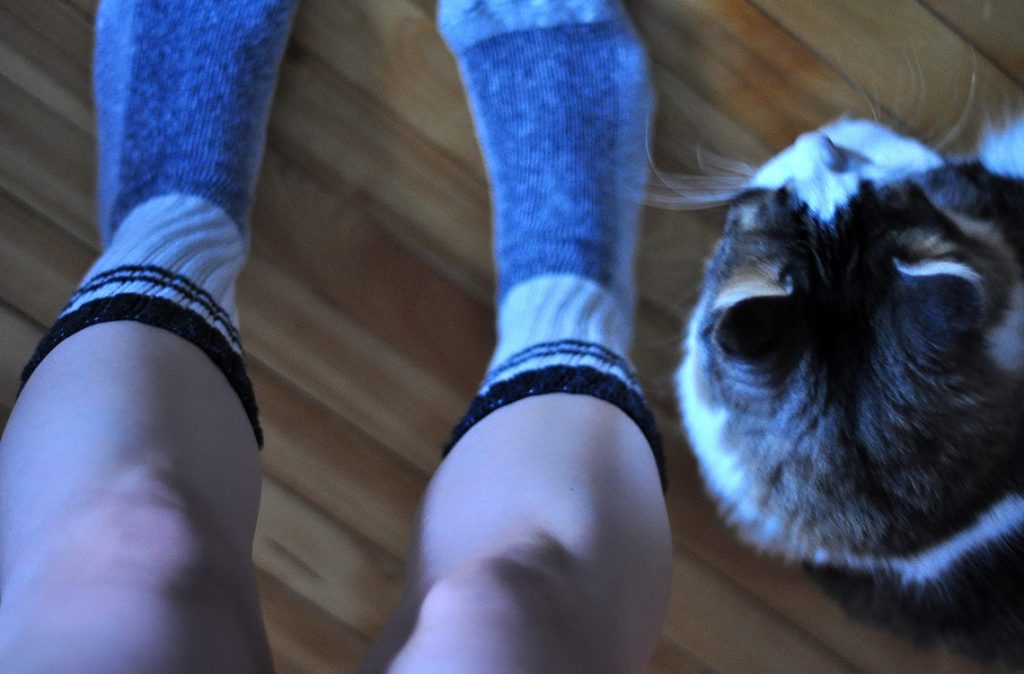Sleepwalking, also known as somnambulism, is a sleeping disorder that originates during deep sleep and results in walking or performing other complex behaviors while deeply asleep. This sleeping disorder is much common in kids compared to adults and is likely to occur if a person is a sleep deprived.
Kids tend to sleepwalk and is difficult to wake them up while they’re sleepwalking. This is because a sleepwalker typically remains in a deep sleep throughout. He or she may feel dizzy and disoriented when awakened. No matter what, it’s unlikely for them to remember whatever they have done.
Sleepwalking behaviors
- Harmless
- Potentially dangerous
- Inappropriate
Sleepwalking among children happen especially between the age of three to seven and also a higher instance of sleepwalking among children who always wet the bed. Sleep terrors, on the other hand, is a related disorder and it tends to run in families.
What causes sleepwalking?
There are a few reasons:
- Lack of sleep
- Sick, fever, any other illness
- Family history
- Stress
- Anxiety
- Irregular sleeping habits
- Sleeping in a different environment
- Medications such as sedatives, stimulants, and antihistamines
Symptoms of sleepwalking
- Sleeptalk
- Dazed
- Clumsy
- Hard to wake up
- Don’t respond when spoken to
- Violent
- Screaming (if they have sleep terrors)
Eyes are sometimes open, but they often think they’re in a different room or at a different place.
How to keep them safe?
It’s important to take precautions even if sleepwalking isn’t dangerous. To help them avoid being at risk, you can try
- Not to wake them up but instead, carefully guide your child back to bed
- Lock all windows and doors in case your child decides to wander and for teens, keep car keys away from them
Remove sharp or fragile objects from your child’s bed - Don’t let them sleep in a double-decker bed to prevent falls
- Keep dangerous objects out of reach
- Install safety gates outside your little one’s room and at the top of the stairs
The next time if you see your child wandering at night while deeply asleep, don’t panic, just guide him or her back to bed. Talk to your doctor too if you are worried that it might get worse. Let them know if your little one’s sleepwalking continues for an extended time.
For more articles, stories, and products: browse through our website www.mamahood.com.sg
